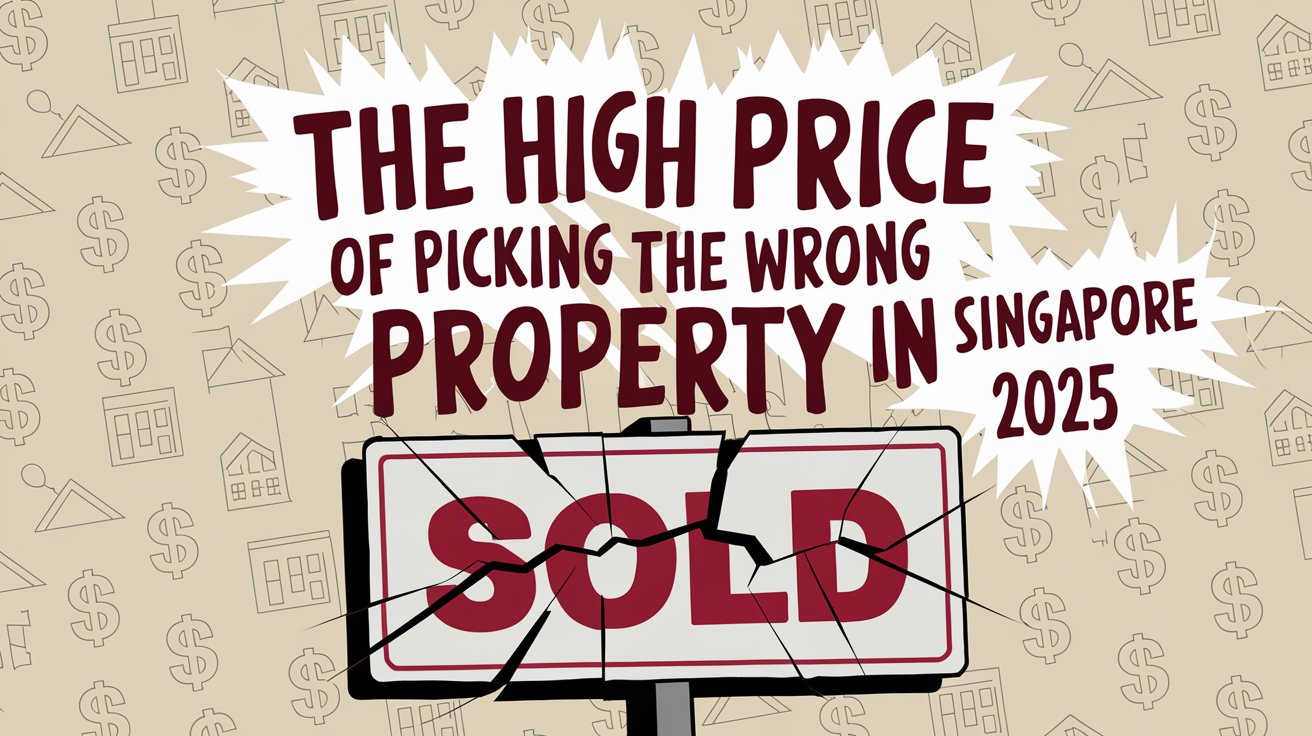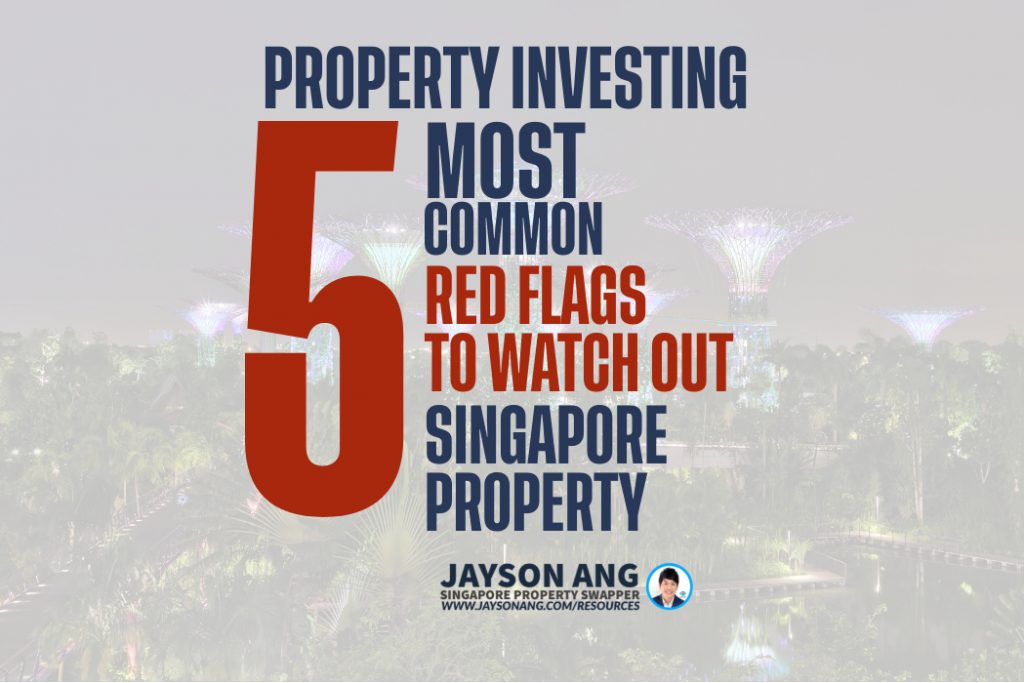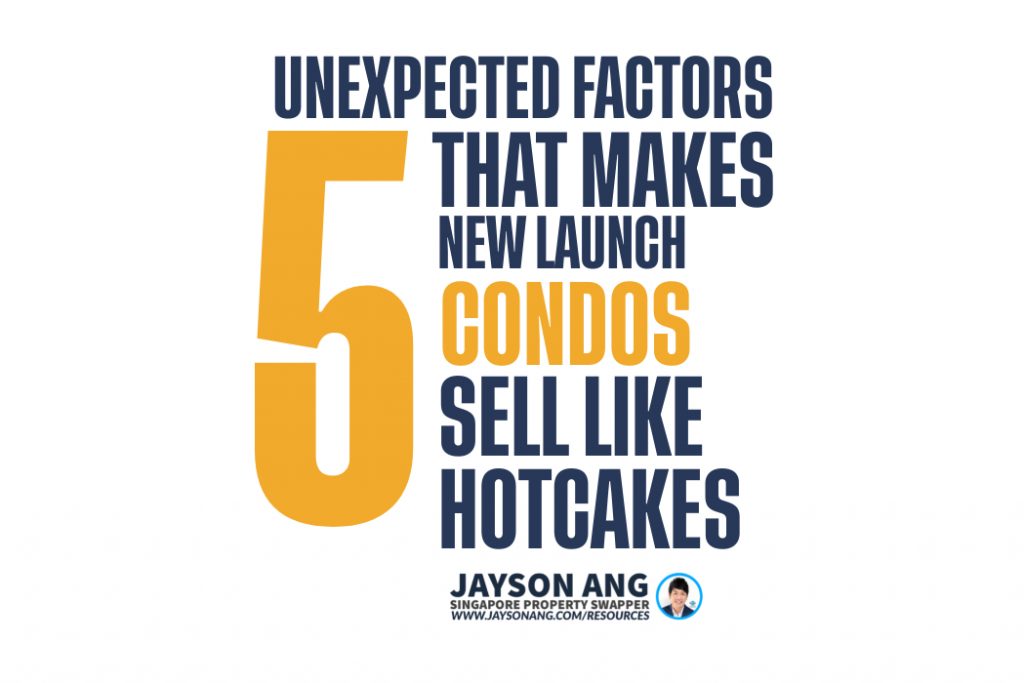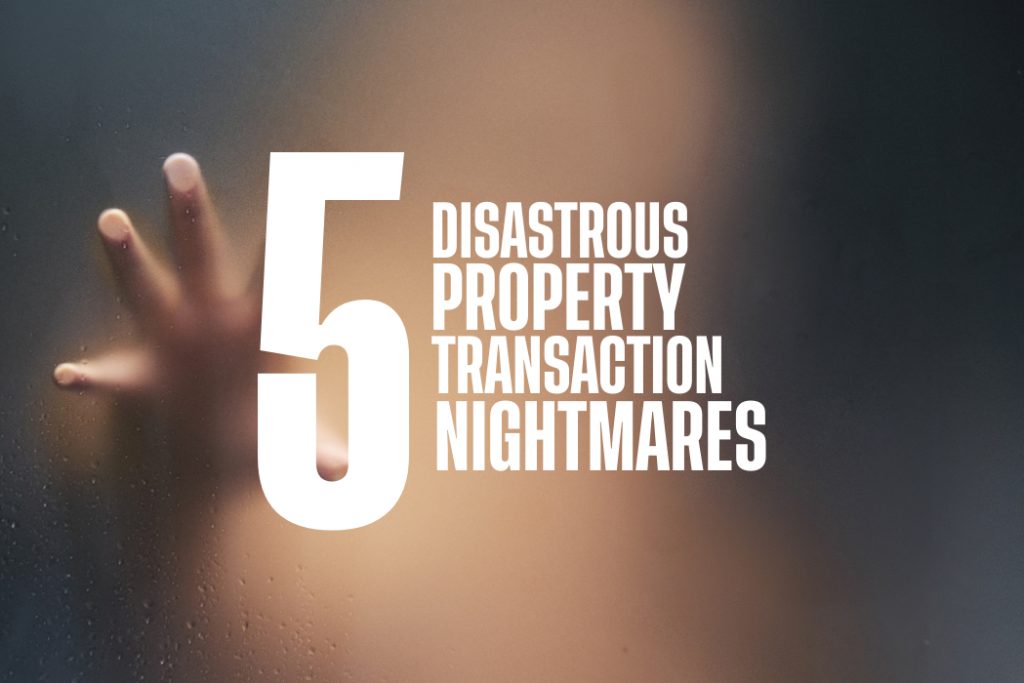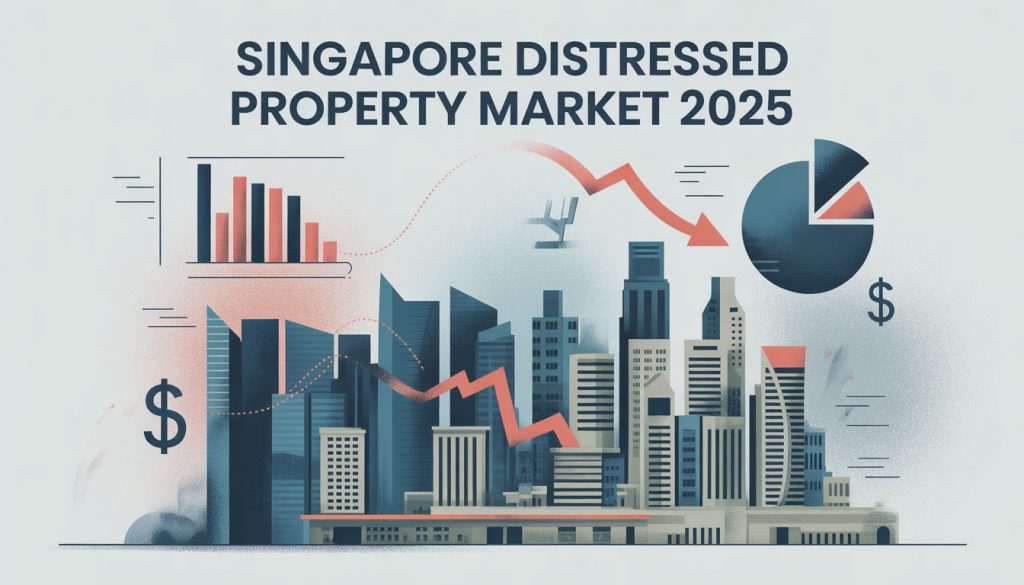TLDR
In this blog post, the focus is on the challenges and complexities of en-bloc transactions in Singapore’s property market. It highlights the emotional and financial aspects involved in such negotiations, emphasizing the need for skilled negotiators and the potential obstacles that may hinder a successful collective sale. The post also touches on the impact of various regulations and personal sentiments on property transactions. Moreover, it explores the importance of strategic real estate advice and effective communication strategies for those considering buying or selling properties in Singapore.
Singapore’s Most Talented Diplomats Are Wasted In The Property Market
When authorities need skilled negotiators, they should consider looking at the specialists in property firms who are experienced in en-bloc transactions. Successfully managing even a single en-bloc negotiation demonstrates competence in dealing with simpler matters like the construction of the High Speed Rail.
En-bloc meetings aim to achieve an outcome that benefits all parties involved. Failing to reach an agreement could leave individuals facing the daunting task of buying a condominium at current market prices. Imagine the shock of finding yourself in such a situation at the age of 82, or shortly after investing $100,000 in renovating your supposed “permanent residence” just a month before the meeting.
For those who remember, the disappointment of an unfavorable en-bloc deal can leave a lasting impact. Former residents of Gillman Heights, for example, may still feel resentment towards the collective sale that led to The Interlace.
If you expect a calm and rational discussion about sales and finances, you might be disappointed. Instead, the initial hour of the meeting could be filled with accusations of insensitivity, racism, corruption, and elitism being thrown back and forth between the parties involved.
I recently heard from someone who attended a similar event, and their experience was quite eye-opening. They had to leave after just an hour because the meeting couldn’t even get started properly. The attendees were too busy arguing about who had the right to present first. This disagreement quickly turned into a heated argument, sparked by one person raising their voice to address their colleague’s spouse.
The representative from the property agency needs to confidently handle the chaos and clearly discuss important factors such as:
- How the money from the sale will be divided
- The pricing strategies that developers may use
- Evaluating the current market conditions
- Predicting the potential benefits for sellers if the transaction is successful
Additionally, they should reassure individuals about the valid marital status of their parents, despite any emotionally charged comments made by an elderly relative.
Even If Someone Can Break Through The Noise, There Are Certain Controversial Issues That Can Lead To The Failure Of A Collective Sale, Regardless Of How Reasonable It May Seem.
The history of the condominium dates back to before the Vietnam War. However, the funds set aside for its maintenance have been greatly depleted. This may deter some people from agreeing to sell the property due to the following reasons:
- Foreign owners may be hesitant to sell because they would have to pay a higher Additional Buyers Stamp Duty (ABSD) of 60 percent if their unit is involved in a collective sale. This would make buying a replacement unit more expensive.
- Retirees who rely on rental income may find it difficult to purchase another rental property due to the 20 percent ABSD. This could have a negative impact on their financial situation.
- New homeowners who recently purchased their residence would face a 12 percent Sellers Stamp Duty, which would increase their costs further when combined with renovation and furnishings expenses.
- The Method of Apportionment, which determines each owner’s share, may discourage owners of larger units from accepting the offer due to the aforementioned reasons.
- The sale proceeds are expected to arrive after around 12 months, which could be a financial burden for those who don’t have enough funds to secure a replacement property within that timeframe.
- Lastly, the timing of the sale might clash with important exams for their children, such as the PSLE or O-Levels. It is advisable to delay the sale for two years to avoid putting unnecessary pressure on Singaporean parents during these stressful times.
There are people who have strong emotional connections to their homes. No amount of money, even if it’s offered by a developer can convince them to move. This was the situation with Mandarin Gardens.
These personal feelings often have a bigger impact on disrupting property sales than economic factors or financial calculations. So, potential buyers who hope for a big payout from such a sale, especially those who haven’t been through a property sale meeting before, should be prepared for a potentially long and challenging process.
Should You Buy, Sell or Wait?
If you’re reading this, you must be trying to figure out the best course of action right now: is it the right time to buy or sell?
It’s difficult to give an exact answer since everyone’s situation is unique and what works for one person may not necessarily work for you.
I can bring you a wealth of on-the-ground experience and a data-driven approach to provide clarity and direction. From beginners to experienced investors, our top-down, objective approach will help you on your real estate journey.
I can help you by:
- Offering Strategic Real Estate Advice – I can help create a comprehensive plan to guide you through your property journey.
- Connecting Your Home with the Perfect Buyers – Through stunning visuals, an effective communication strategy, and an in-depth knowledge of the market, we’ll ensure your home is presented in the best possible way to fulfill your goals.
You May Also Like …





